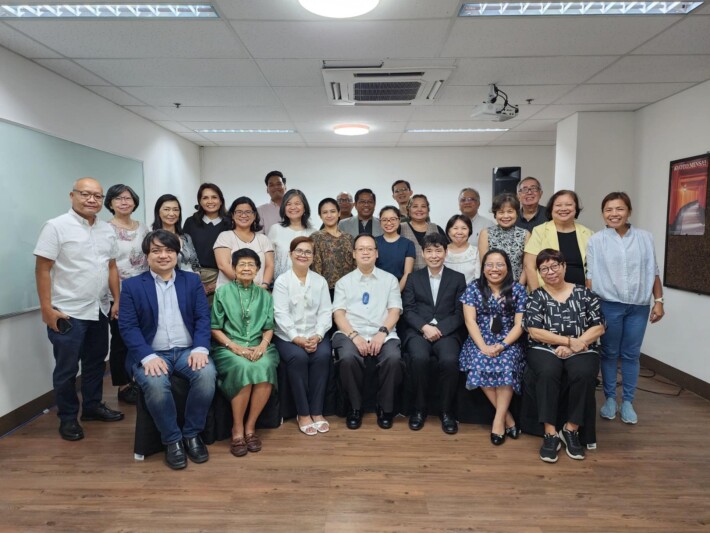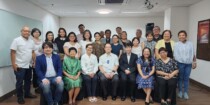History
SAPILNIP was first established in 1942 under the leadership of the young Jose S. Laurel III who was then serving as private secretary of President Jose P. Laurel. Mr. Laurel III witnessed III witnessed the alck of understanding between Japanese soldiers and the Filipinos. Aside from a lack of knowledge of the Japanese language, the Filipinos likewise were unable to understand the customs of the Japanese. Being the first Filipino to graduate from the Imperial Military Academy, Mr. Laurel III decided to unite the Filipinos who studied and lived in Japan in order to utilize their knowledge of Japanese language and culture as bridges of understanding between the two countries. SAPILNIP became the fruit of the young Laurel’s desire to bring about understanding between Filipinos and Japanese.
General Artemio Ricarte (El Vibora or The Viper), was chosen as adviser and guide of SAPILNIP. Gen. Ricarte was the only leader of the Revolution against Spain who never recognized the American regime. He opted to be exiled to Japan for a long time rather live in his occupied homeland. While in Japan, Gen. Ricarte was recognized by the Filipinos who lived there as a hero worthy of adulation.
was chosen as adviser and guide of SAPILNIP. Gen. Ricarte was the only leader of the Revolution against Spain who never recognized the American regime. He opted to be exiled to Japan for a long time rather live in his occupied homeland. While in Japan, Gen. Ricarte was recognized by the Filipinos who lived there as a hero worthy of adulation.
At the onset, SAPILNIP was successful in its activities. However, while the Japanese Occupation lingered, resentment was building up against the enemy soldiers, and it became dangerous for the members to continue the activities of the organization. For this reason, Mr. Laurel III decided to discontinue the group’s work, resulting in its eventual dissolution.
Gen. Ricarte died during the last days of the war. The young Laurel accompanied President Laurel to Nara where the Japanese army brought them. After the war, the Laurel’s were imprisoned at Kamioka in Yokohama and Sugamo in Tokyo under the custody of the American Forces. They were later brought to Manila where they were once again imprisoned at Muntinlupa. After some time, the Laurel’s were proven innocent of the charges brought against them, whereupon they were set free to pursue their careers in law and politics. Mr. Laurel III was Philippine Ambassador to Japan from 1966 to 1971, which marked his return to the Philippines as a form of protest against the removal of his elder brother as Speaker of the House of Representatives. The Congress was eventually closed with the declaration of Martial Law by then President Ferdinand E. Marcos.
Some fifty years after the end of the war, Mr. Benjamin C. Laurel, son of Ambassador Jose S. Laurel III, decided to revive SAPILNIP and pursue its objectives, this time, under conditions of peace. On the 30th of July 1993, SAPILNIP was reborn under the leadership of Mr. Benjamin C. Laurel, and his colleagues Ma. Elena L. Loinaz, Philip B. Sanvictores, Reynato E. Guatlo, Benjamin T. Subido and Cesar T. Subido. On this rebirth of SAPILNIP, Ambassador Laurel was chosen as adviser and guide of the organization.
Objectives
The primary objective of the organization is to bring together the Filipinos who studied and lived in Japan who are not yet members of other Japan alumni groups in order to foster friendship and unity, and to promote activities that will bring about progress in the fields of science, culture and education. SAPILNIP firmly believes that our growth in the fields of education and science is the foundation of our national progress. And just like its namesake, the revitalized SAPILNIP aims to contribute to greater and better relations between Japan and the Philippines.




